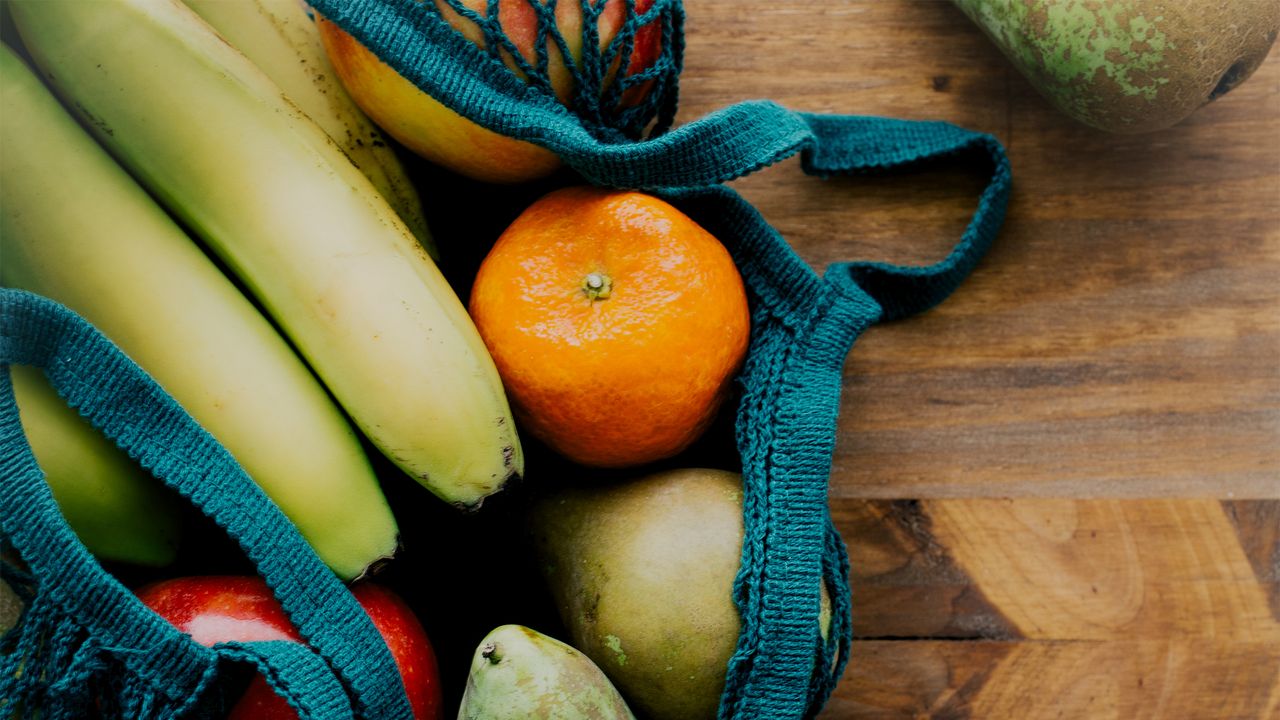
With the pace of modern life and its many stressors, making a few adjustments might be helpful—especially when it comes to our diets. “If you have symptoms such as persistent fatigue, digestive problems, joint pain, frequent allergies, mood swings, rosacea, acne, mental fog, or hormonal imbalances, it’s likely that your body is suffering from some inflammation,” nutritionist Nelly Victoria Gutierrez notes.
If this resonates, you’re not alone. For years, I’ve been suffering from digestive problems: colitis, constipation, and heartburn. While I’ve heard that following a diet of anti-inflammatory foods might help, I haven’t seriously put it to the test. (I know, I know.)
That is, until earlier this year when I paid a visit to SHA’s Rebalance & Energize program. During my five-day stay at the wellness center in Cancun, not only did I begin to understand the benefits of an anti-inflammatory diet—I experienced them.
Although I arrived somewhat skeptical, after five days I can honestly say my digestion, mood, skin, and allergies improved in noticeable ways. Sure, the program’s additional focus on sleep, acupuncture, and massage all helped—but it was the adjustments I learned to make in my daily diet that truly changed me the most, especially for the long-term. Read on to find out what I learned—and how to apply those learnings to your own life.
The benefits of an anti-inflammatory diet
Simply put, “an anti-inflammatory diet improves cellular efficiency and helps reduce chronic low-grade inflammation,” explains Gutierrez. “It reduces oxidative stress and promotes better hormonal and immune communication, which can translate into better concentration, more restful sleep, less fluid retention, reduced pain, improved metabolism, better weight control, and healthier aging.” Some other benefits include:
The foods to avoid
An anti-inflammatory diet is as much about the foods you don’t eat as the ones you do. Some foods that should be avoided are refined sugar, white flour, ultra-processed products, conventional dairy products, alcohol, artificial colorings and flavorings, trans fats like margarine, and cured meats and sausages—all foods that are considered inflammatory or difficult for the gut to digest. Soft drinks, refined grains, fast food, excess caffeine, and energy drinks should also be avoided.
Anti-inflammatory foods
Anti-inflammatory diets vary, but most of them focus on nutrients that are known for reducing inflammation such as omega-3 fatty acids, antioxidants, and gut-healthy foods rich in fiber, probiotics, and prebiotics. Naturally fermented foods are on the list, as are organic fruits, vegetables, and whole grains. Medicinal spices like turmeric, ginger, and cinnamon, and nutrient-dense herbs such as parsley, cilantro, and mint are also recommended. Examples of specific anti-inflammatory foods are:
#Antiinflammatory #Diet #Improved #Digestion #Days






